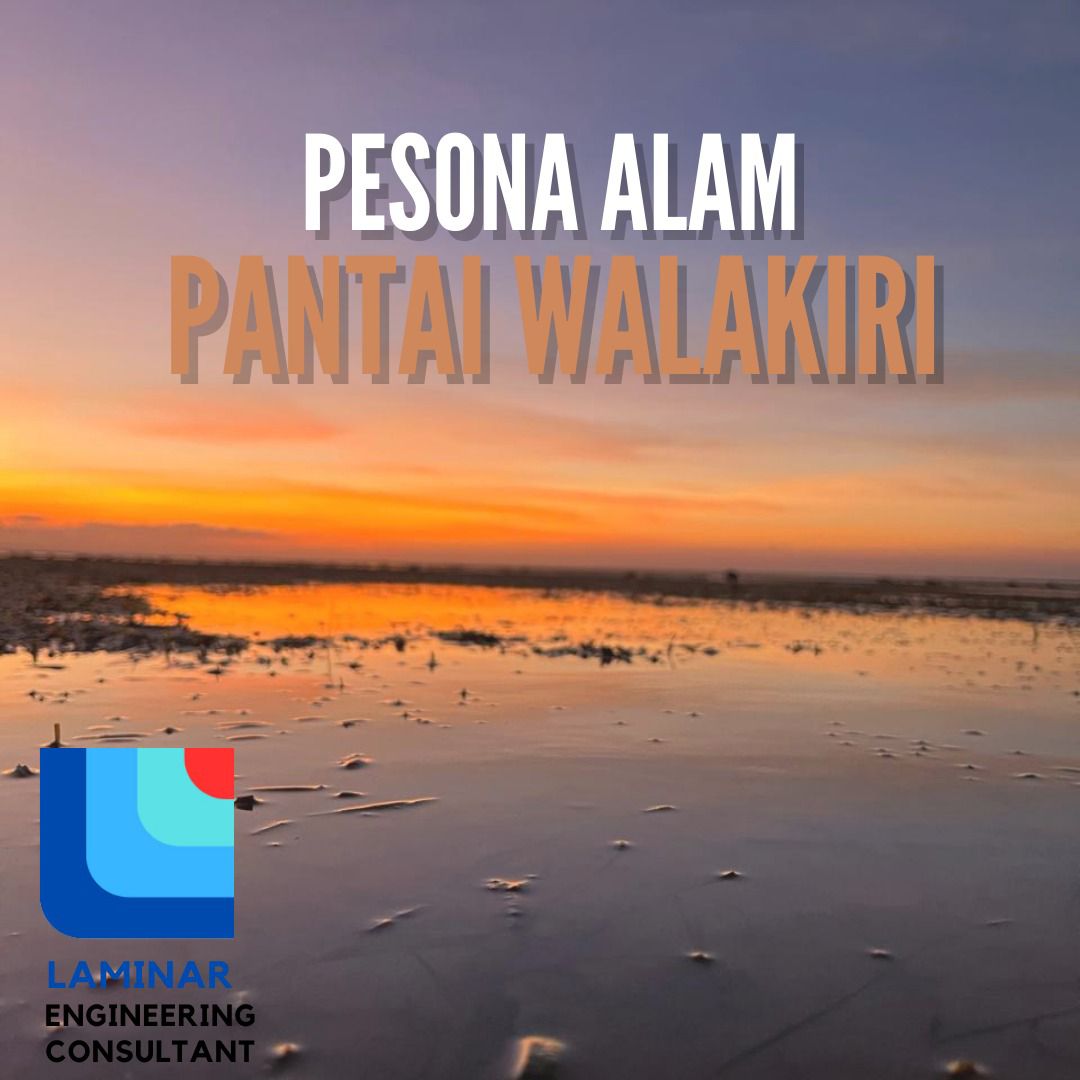East Sumba, a region in East Nusa Tenggara Province, holds breathtaking natural beauty along with great potential in the marine and natural resource sectors. One of the main attractions of this area is Walakiri Beach, a beach known for its stunning scenery, unique mangrove ecosystem, and warm local seafood, freshly prepared from the catches of local fishermen.
Walakiri Beach is located in Watumbaka Village, Pandawai District, just 24 kilometers from the center of Waingapu City. With a short 30-minute drive from Waingapu, visitors can enjoy beautiful ocean views, white sandy stretches, and a unique natural phenomenon—mangroves with iconic shapes that become even more mesmerizing at sunset. The evening light cast on the mangrove trees creates an exotic silhouette that draws nature photographers and tourists alike.
Beyond its visual appeal, Walakiri Beach is equipped with adequate facilities, including gazebos, food stalls, ample parking, and public restrooms. The food stalls serving fresh fish from local fishermen’s catches are a key draw for tourists looking to enjoy the local cuisine.
In addition to its natural beauty, East Sumba also holds tremendous natural resource potential, especially in the marine and forestry sectors. Several natural resources can be developed sustainably, including:
- Rich and Unique Mangrove Ecosystem
The mangrove ecosystem at Walakiri Beach not only provides visual beauty but also serves as a buffer against coastal erosion and as a habitat for various marine life. Mangrove cultivation and conservation programs could be developed in this area to support coastal erosion control efforts and serve as a new economic source through ecotourism. Properly managed mangroves also have the potential to reduce carbon emissions and provide environmental benefits to the surrounding region. - Fisheries and Marine Cultivation
East Sumba has waters rich in fish resources, which continue to be a primary livelihood for coastal communities. Fish farming potential, such as for grouper, lobster, and seaweed, can be further developed in the area. With the support of technology and sustainable management, East Sumba’s fisheries sector can provide stable economic opportunities for local communities and support food security. - Sustainable Ecotourism Development
East Sumba, with its pristine and relatively untouched natural beauty, has great potential to become a world-class ecotourism destination. An ecotourism approach prioritizing conservation and local community involvement would be highly suitable for this area. Besides Walakiri Beach, East Sumba has other natural attractions such as hills, waterfalls, and savannas that could be developed as part of an integrated ecotourism package. - Sustainable Agriculture and Forestry
East Sumba’s geographical conditions also support the development of a sustainable agriculture and forestry sector. There is significant potential to develop plantation crops such as coconut, cashew, and corn in the area. Empowering local communities through training on environmentally friendly land management can create value-added local products and preserve biodiversity.
The beauty of the mangroves at Walakiri Beach and the surrounding marine ecosystem has become a popular natural attraction. With a sustainable development approach, this area can continue to grow, not only as a tourist destination but also as a region with marine cultivation, agriculture, and forestry potential that supports economic resilience and environmental sustainability.
Developing these potentials will bring benefits not only to the local economy but also to the environment and community. East Sumba is a true example of how Indonesia’s natural wealth must be managed wisely to safeguard beauty and prosperity for future generations.

